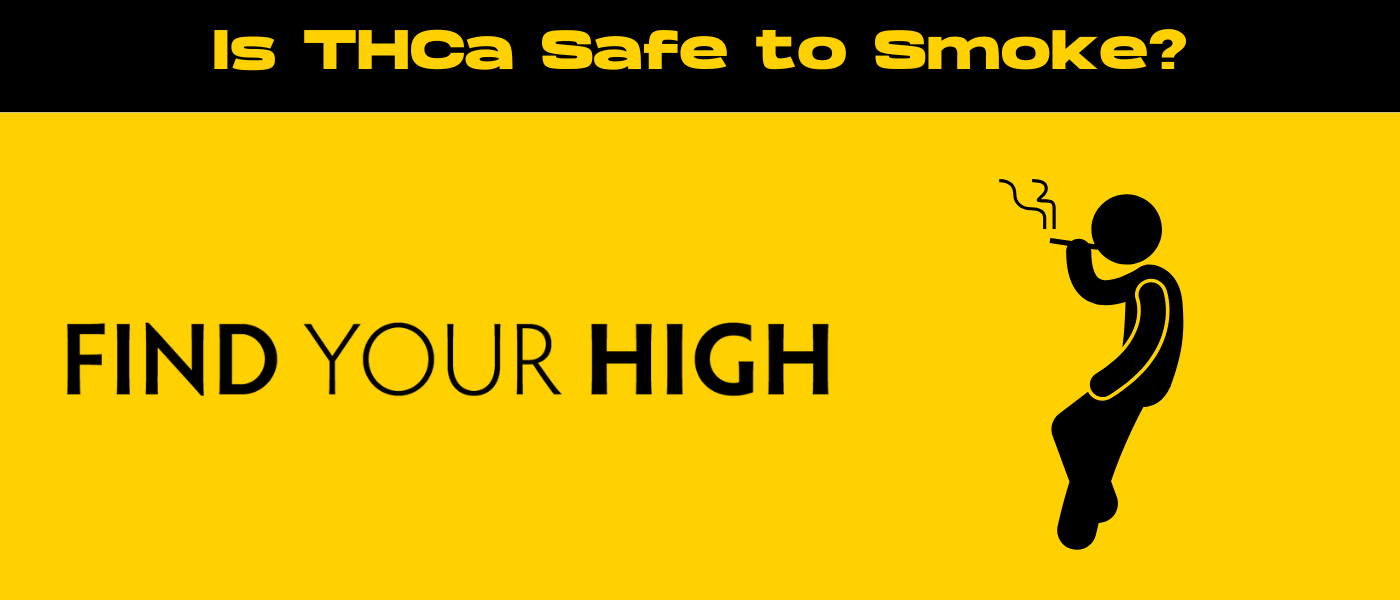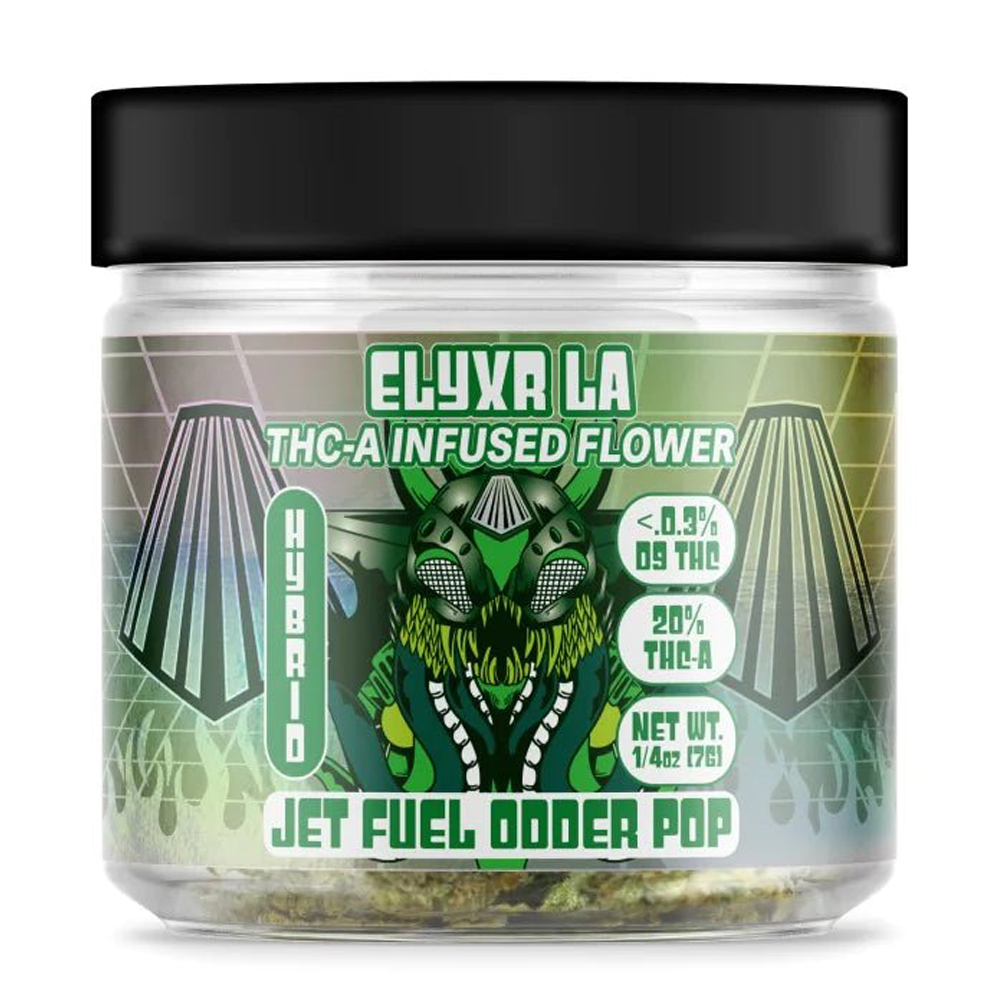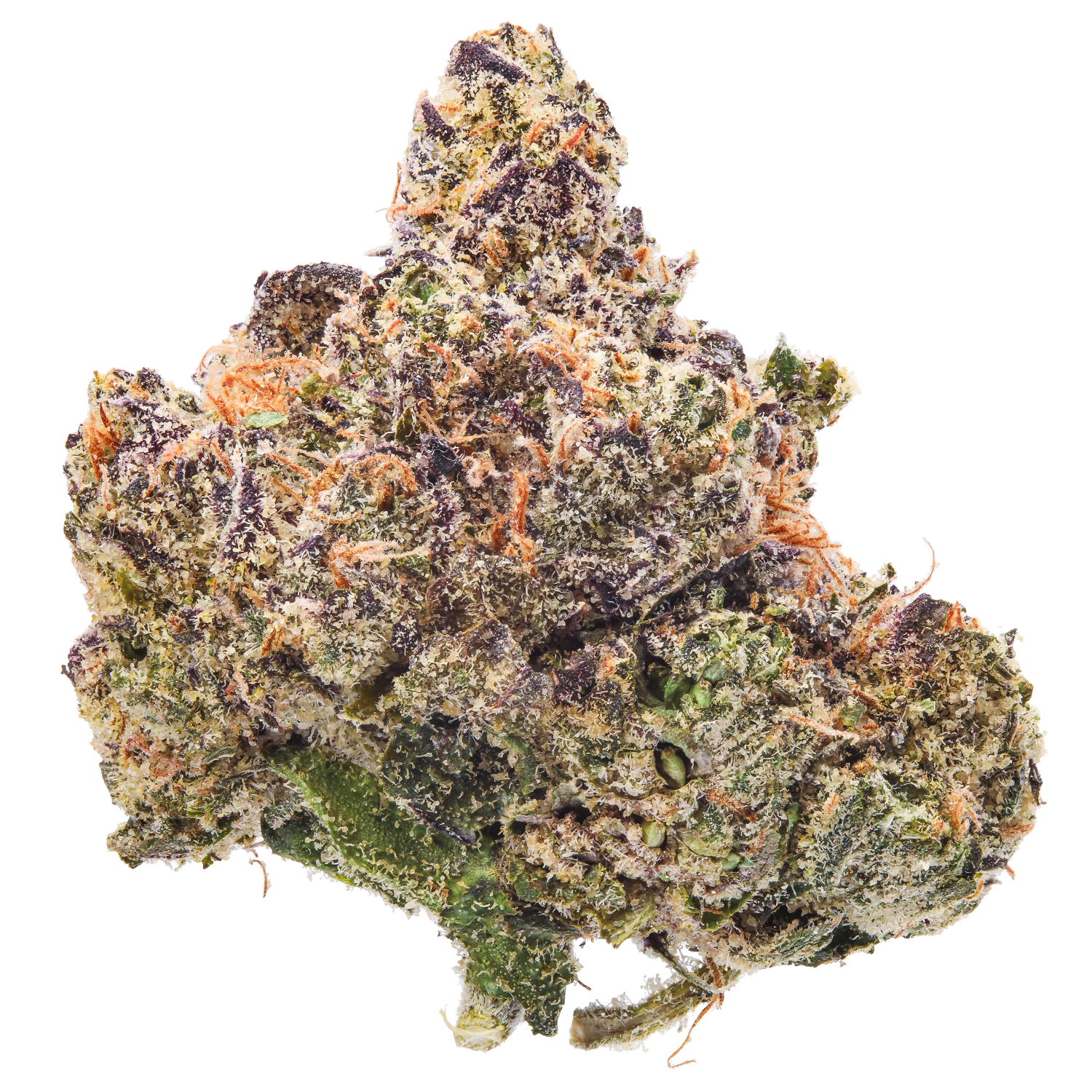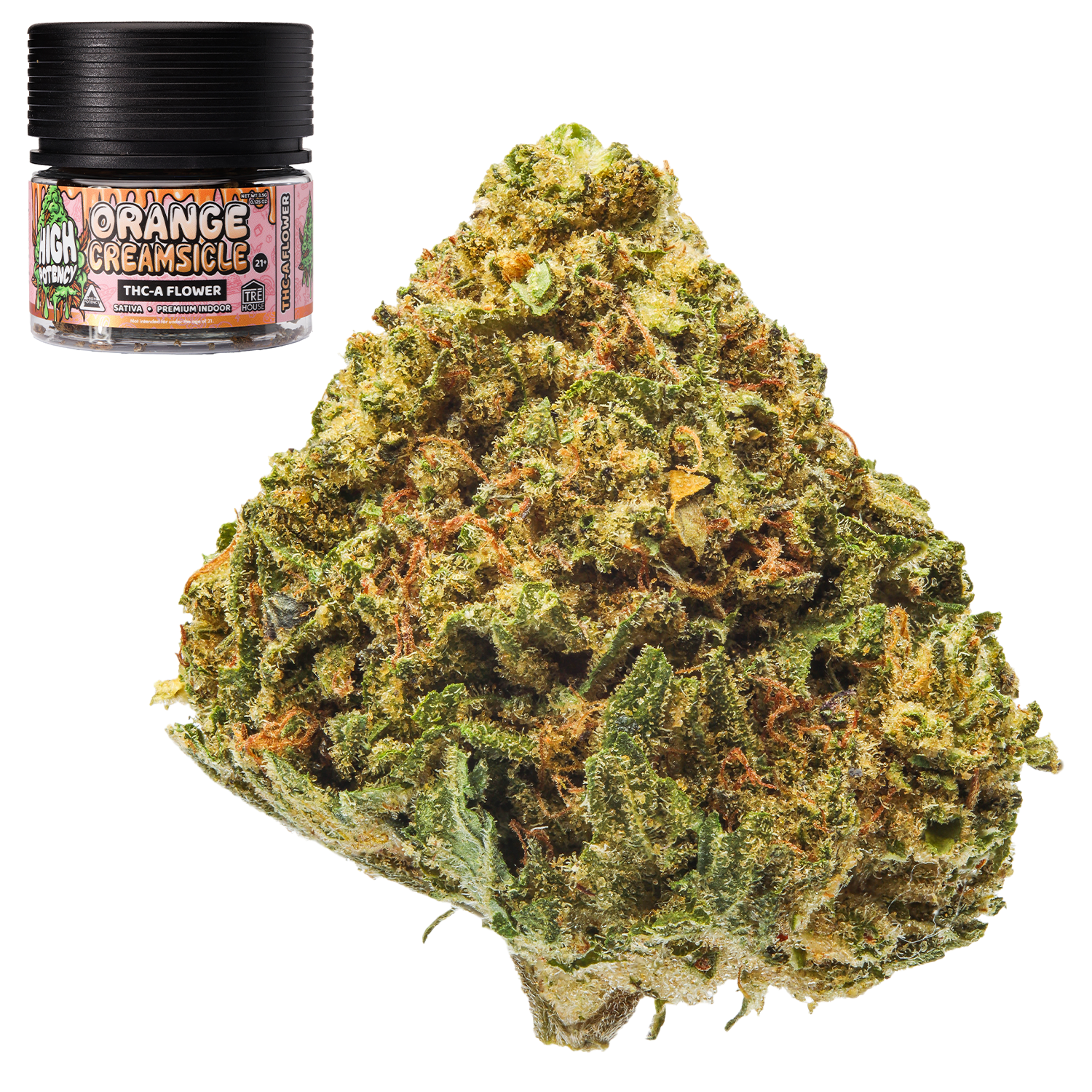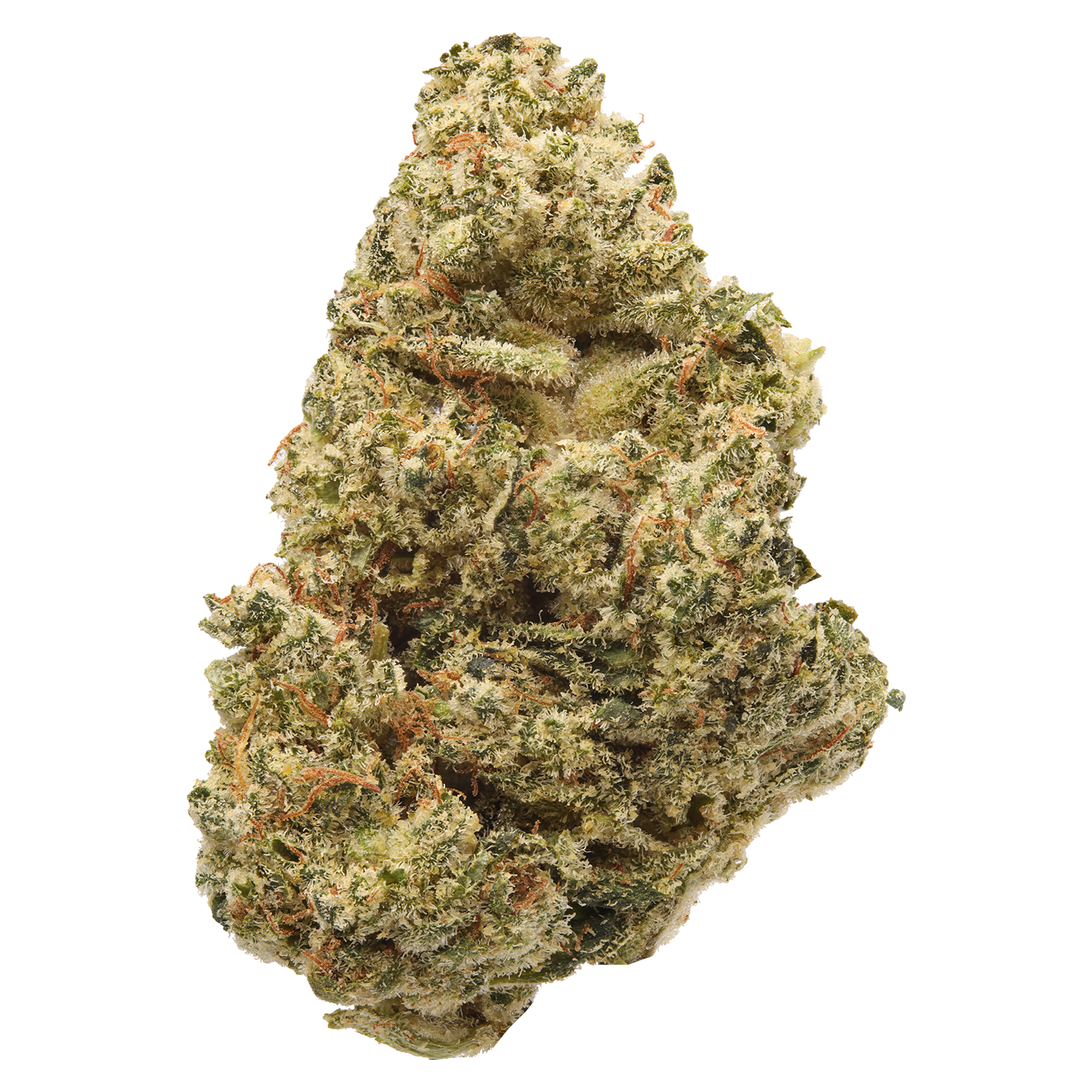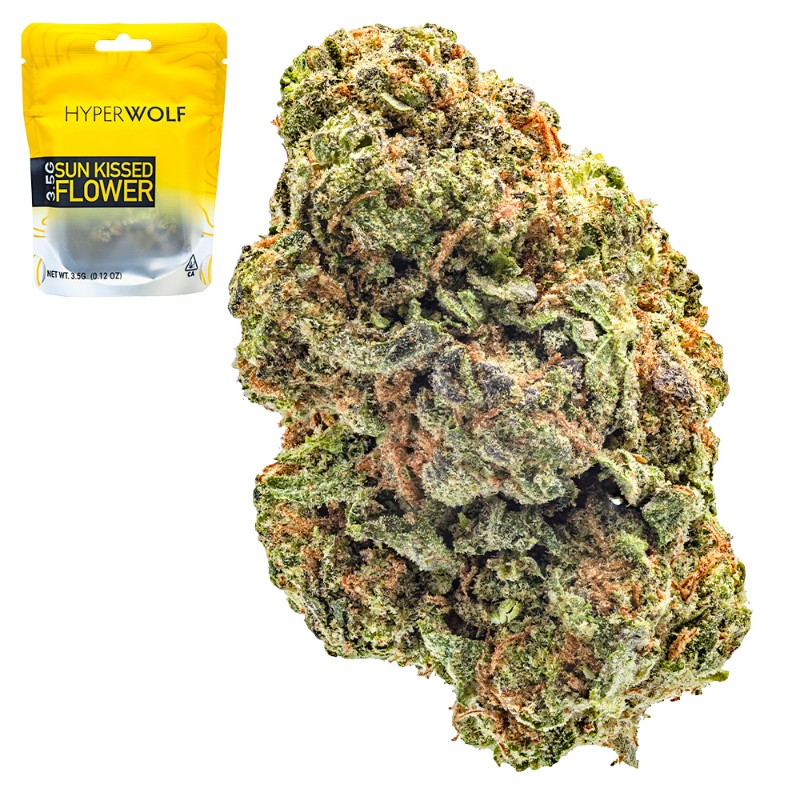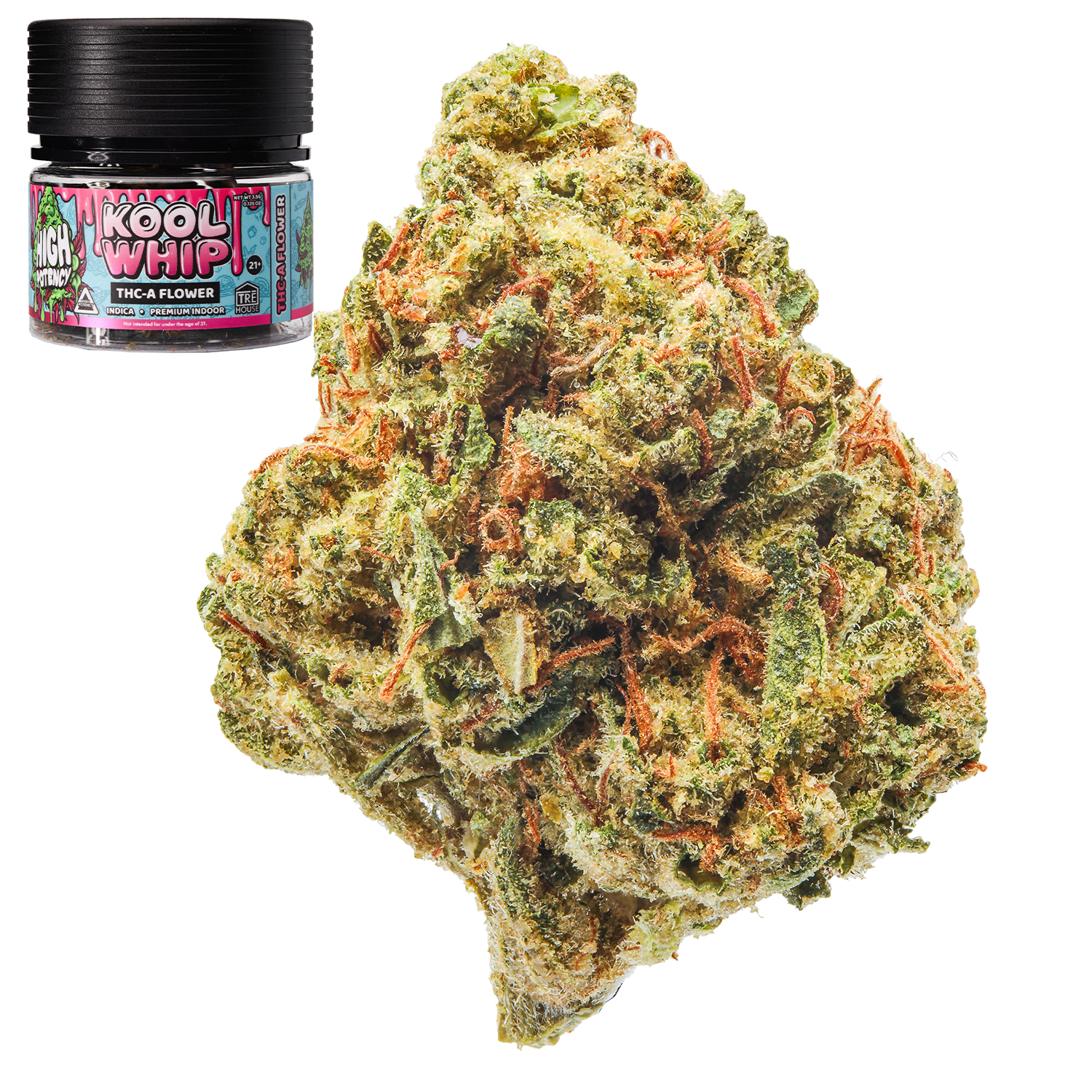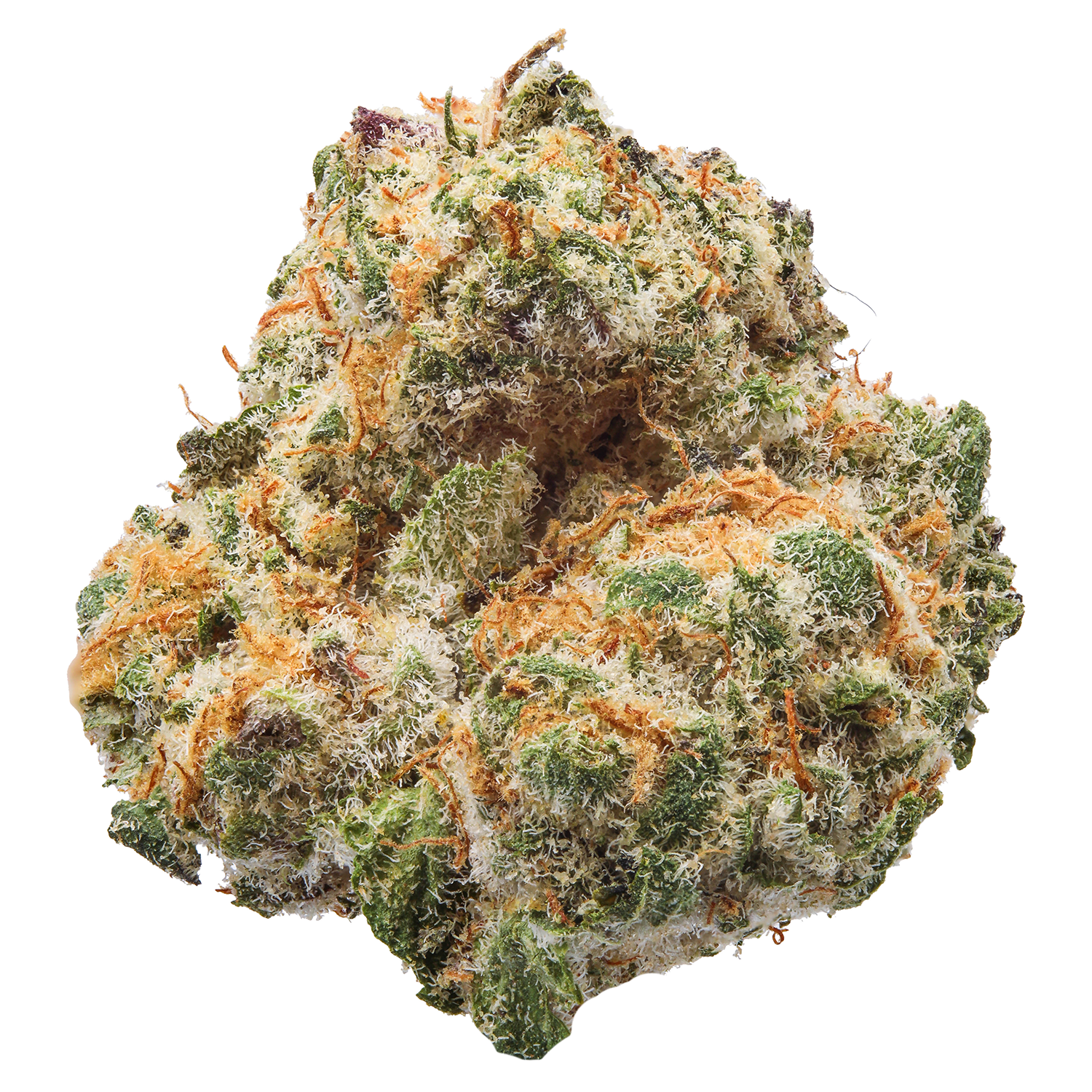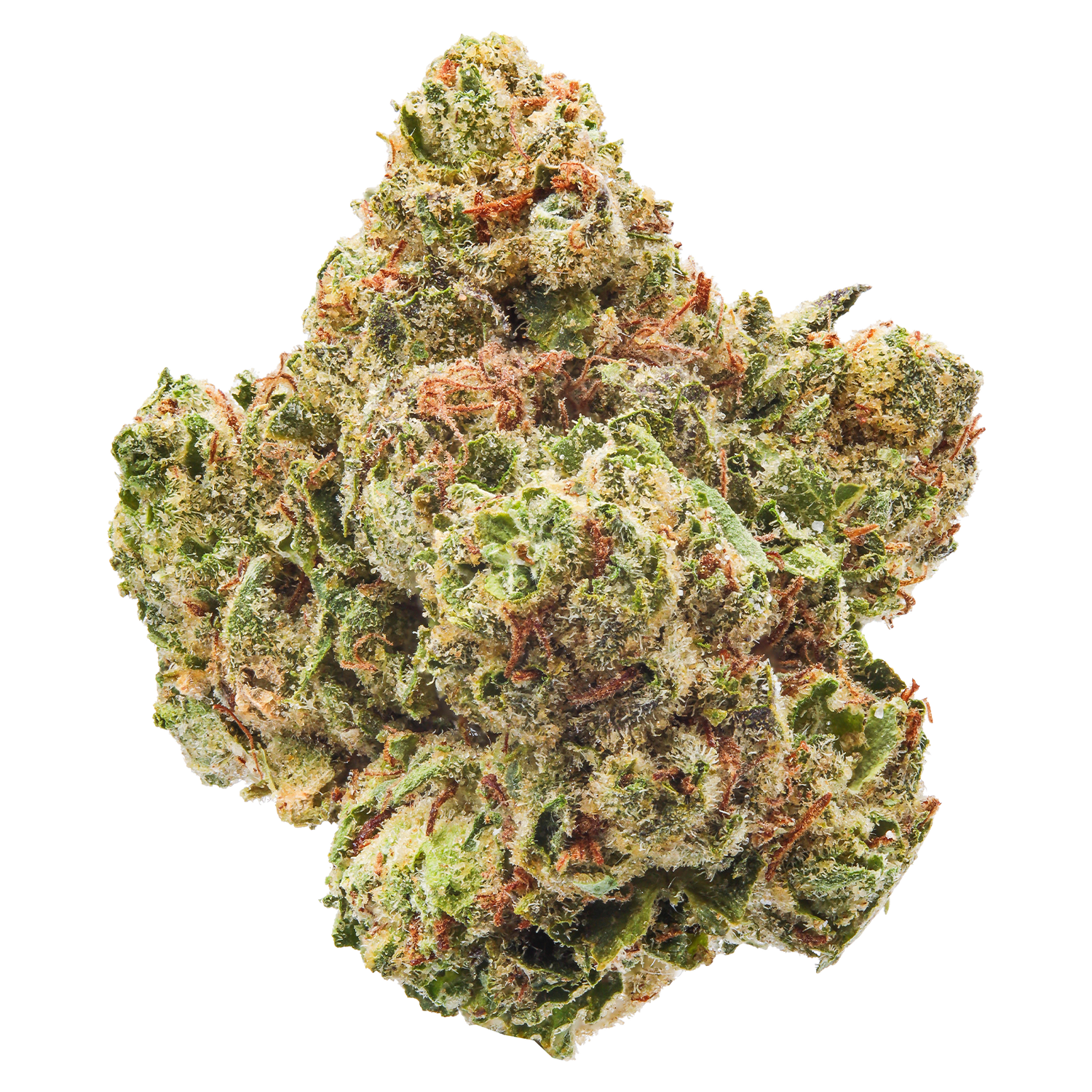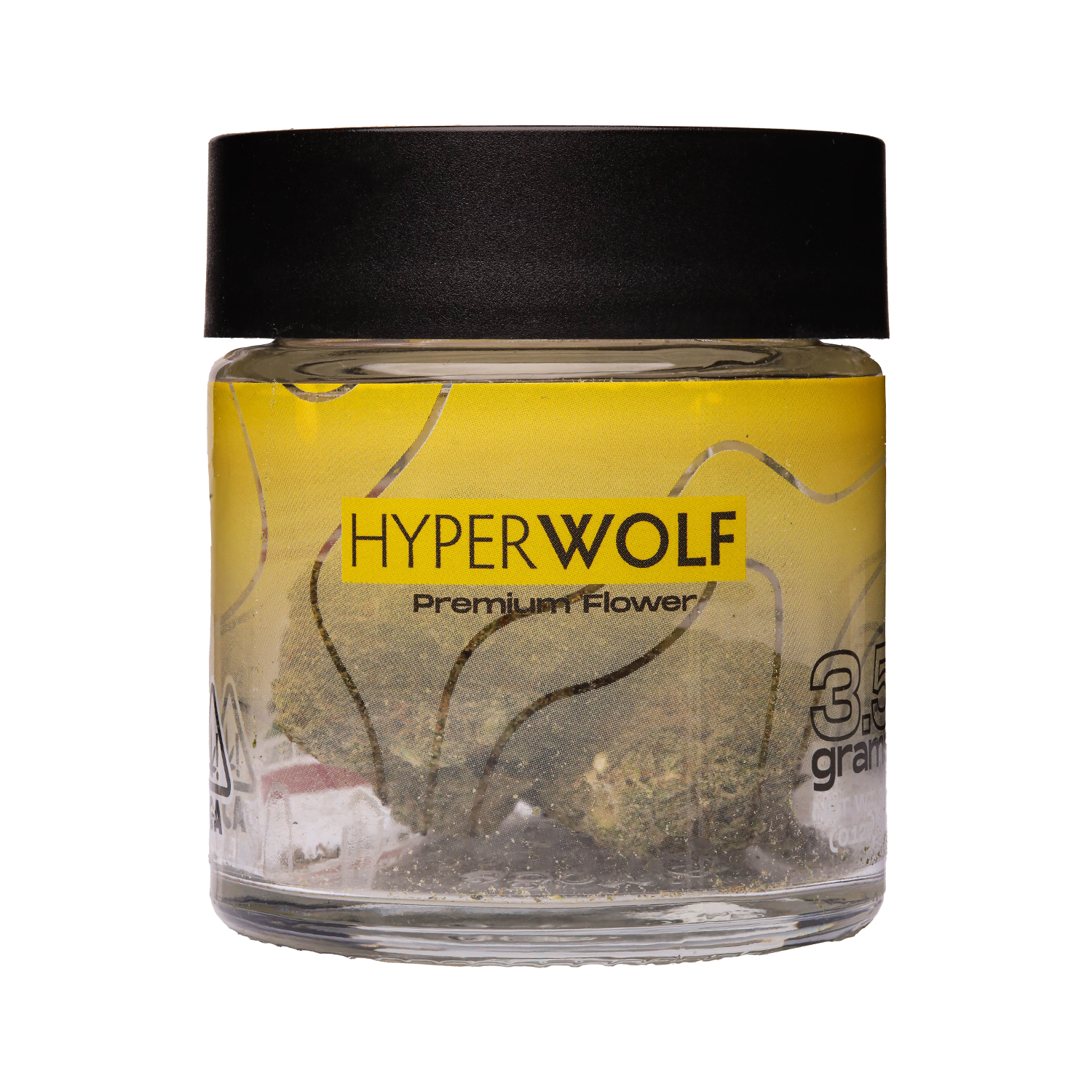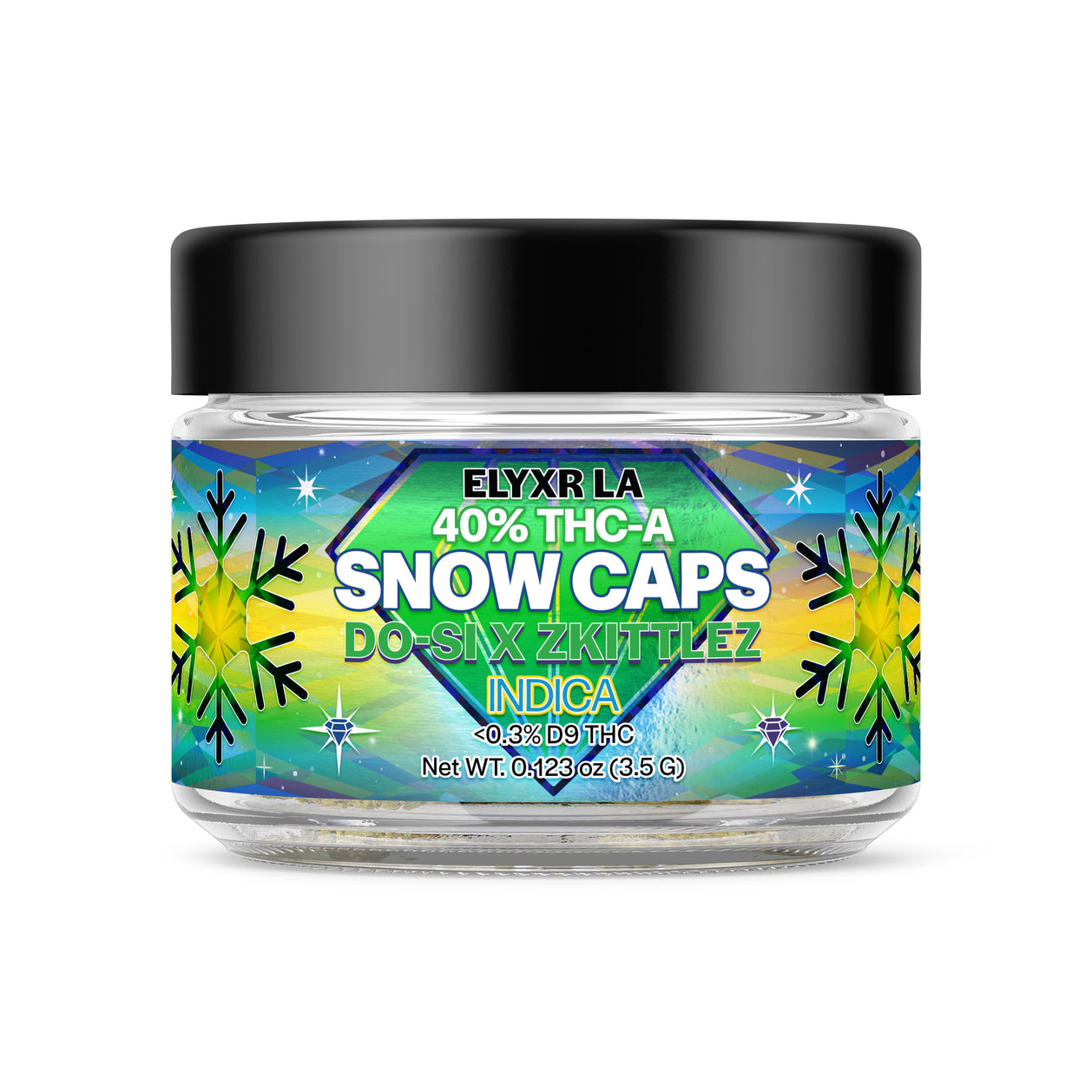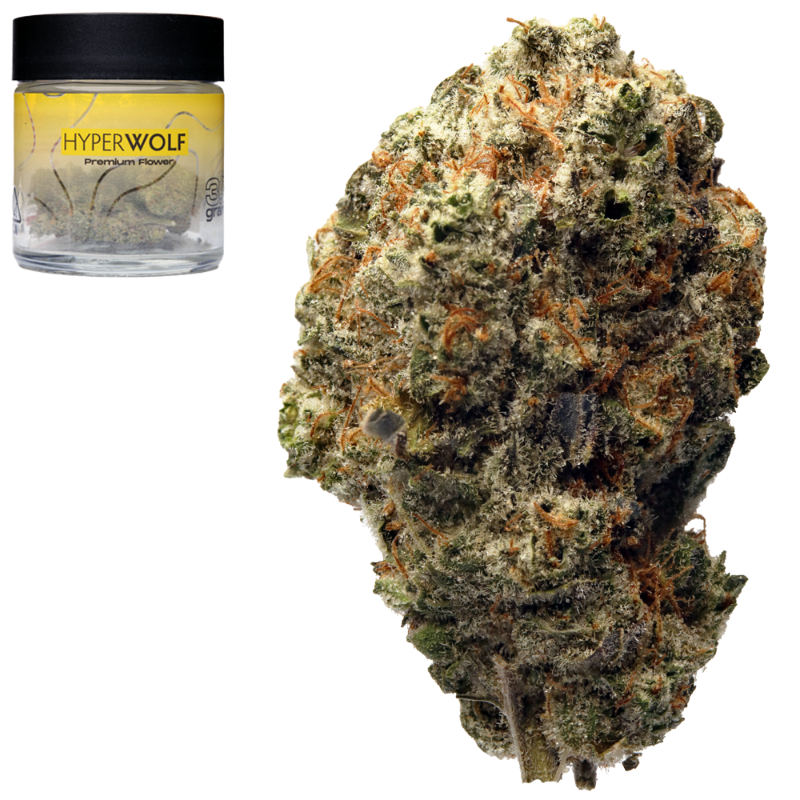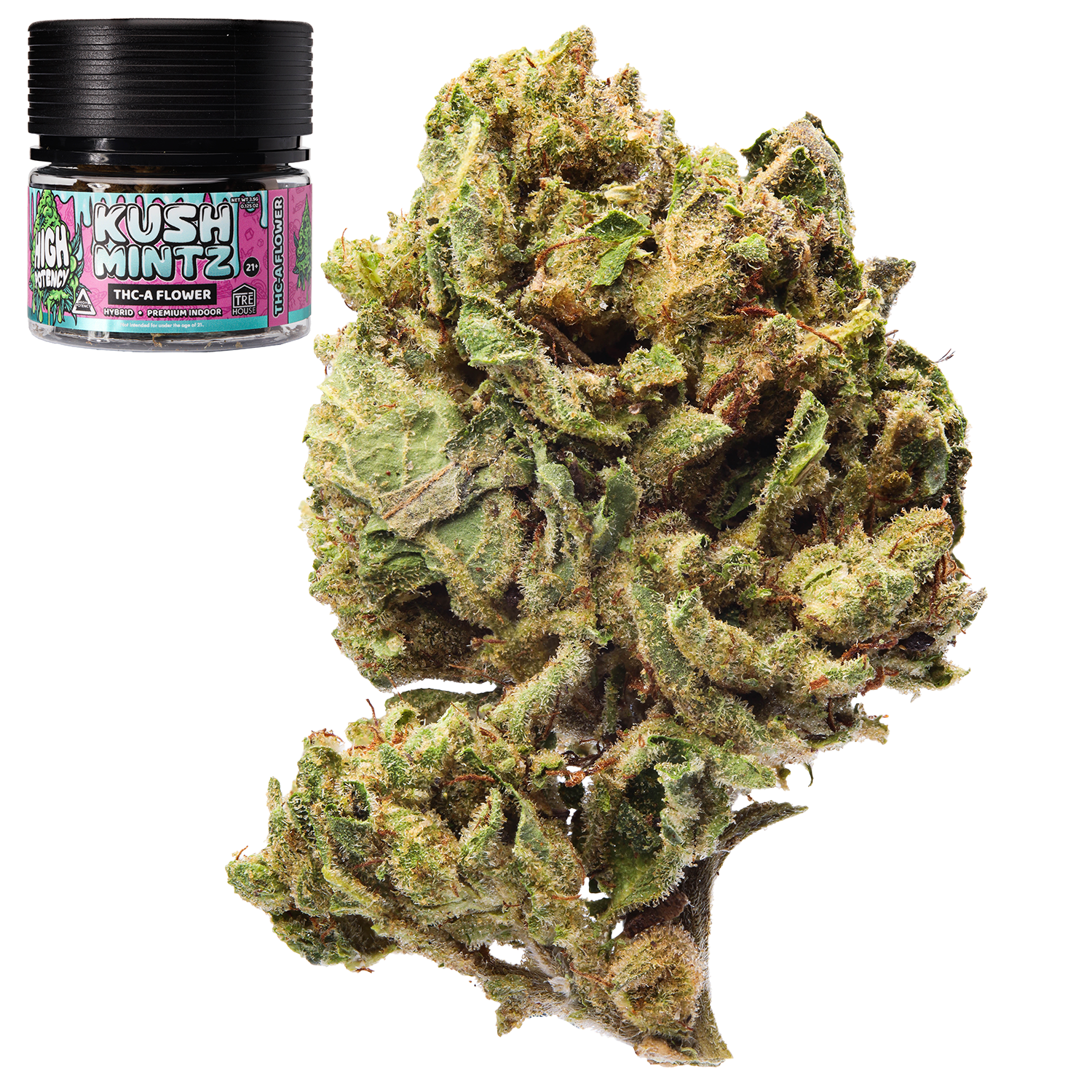In the ever-evolving world of cannabis, new cannabinoids are always grabbing the spotlight, and THCa is currently enjoying a serious moment. But is THCa safe to smoke?
If you’ve heard about it but still aren’t sure what the hype is about, here’s the lowdown: THCa, or tetrahydrocannabinolic acid, is a non-psychoactive cannabinoid found in raw cannabis. Unlike THC, THCa doesn’t produce a high in its natural form. But the moment heat is applied? That’s when things change.
Smoking THCa initiates a process called decarboxylation, which transforms it into delta-9 THC—the compound responsible for that classic cannabis buzz. As more people search for potent, clean highs without additives or artificial cuts, THCa-rich products—especially diamonds and concentrates—are stepping into the limelight. But the rising popularity raises one essential question: Is smoking THCa actually safe?
Understanding THCa: What It Is and How It Works
To understand the safety of smoking THCa, we need to get into the science. THCa is the acidic precursor to THC, meaning it exists in raw cannabis before any heat is applied. You won’t get high from munching on raw flower loaded with THCa, because the molecule hasn’t been decarboxylated yet. But once you spark it, vape it, or dab it, that heat removes a carboxyl group, converting THCa into THC—a compound that binds to CB1 receptors in the brain and causes the psychoactive effects we associate with cannabis.
This makes THCa a fascinating cannabinoid with a dual identity. In raw form, it has potential therapeutic effects like anti-inflammatory and neuroprotective properties. But once activated by heat, it delivers the full potency of THC. So when people talk about smoking THCa, they’re essentially talking about consuming THC via a unique route—one that starts as a non-intoxicating acid and ends as a highly active psychoactive compound.
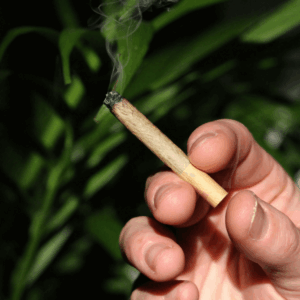
Smoking THCa vs Other Consumption Methods
When it comes to consuming THCa, you have options. You can ingest it raw, often through cannabis juicing or raw flower products, and you’ll enjoy potential therapeutic effects without the high. Alternatively, you can decarboxylate it—either through smoking, vaping, or dabbing—which transforms it into THC. Among these options, smoking THCa is the fastest-acting and often the most potent.
Smoking THCa typically involves using THCa flower or dabbing THCa diamonds, both of which provide a quick, hard-hitting high. This immediacy is why smoking remains popular. On the other hand, edibles and tinctures—while easier on the lungs—come with delayed onset times and different metabolic paths.
Dabbing diamonds is more intense than simply smoking cannabis flower, often reserved for experienced users who can handle high levels of THC. Choosing a consumption method ultimately comes down to personal preference, but it’s crucial to recognize how the route of intake influences both effects and potential risks.
Is Smoking THCa Safe? The Short Answer
So is it safe to smoke THCa? The short answer: generally yes, but with some important caveats. THCa itself is not toxic. Once it’s converted to THC, it behaves like any other THC-rich cannabis product. However, the safety concerns arise not from the cannabinoid itself, but from the method of consumption—namely, smoking.
Any time you burn plant material and inhale it, you introduce combustion byproducts into your lungs. This can irritate the respiratory system, even if you’re using high-quality, pesticide-free THCa. That’s why it’s important to understand the difference between the cannabinoid’s safety profile and the health risks associated with inhaling smoke in general. The rest of this blog unpacks those nuances.
Combustion Risks: What Happens When You Smoke Anything
It’s not just about what you smoke—it’s about the fact that you’re smoking. Combustion is the process of burning something to release active compounds, but it also produces harmful byproducts like tar, carbon monoxide, and polycyclic aromatic hydrocarbons (PAHs). These compounds can inflame or damage lung tissue over time.
While cannabis smoke doesn’t contain as many additives as tobacco, it still introduces heat and particulates into the respiratory system. This can lead to coughing, throat irritation, and, with chronic use, possibly bronchitis-like symptoms. Some studies even suggest that long-term smoking of cannabis—regardless of cannabinoid content—may impair lung function.
That said, the frequency and intensity of use matter. Someone occasionally smoking THCa flower or taking small dabs of diamonds is likely at lower risk than someone using heavy amounts daily. For those with respiratory issues or those looking to mitigate combustion-related risks, vaporizing or consuming edibles may be safer alternatives.
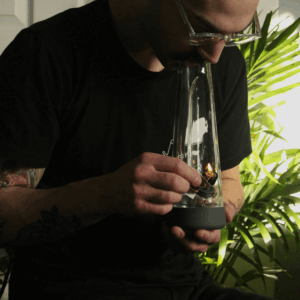
THCa Potency and Effects After Smoking
Once you light up THCa, it becomes THC—and not just any THC. THCa-rich products, especially diamonds, are some of the most potent on the market. When heated, THCa converts to THC with little to no degradation, often resulting in THC content upwards of 90%. This means effects hit fast and hard.
Smokers can expect a cerebral high that may include euphoria, sensory enhancement, deep relaxation, and, depending on dosage and strain type, either an uplifting or sedating experience. While this can be enjoyable, it also presents a risk of overconsumption, especially for beginners. Too much THC can lead to anxiety, paranoia, dizziness, or even green-outs—a temporary but unpleasant experience.
That’s why moderation is key. Start with a small hit and gauge how your body responds before diving in for more. With high-potency products, the “start low, go slow” mantra isn’t just smart—it’s essential.
Source Matters: Why THCa Quality Impacts Safety
Even if you’re comfortable with the risks of smoking, not all THCa is created equal. Safety also hinges on where you’re sourcing your THCa products. Unfortunately, the unregulated nature of some hemp-derived THC markets means not every product goes through rigorous testing.
Contaminants like residual solvents, pesticides, mold, and heavy metals can easily end up in low-quality products. These aren’t just theoretical risks—they’re real threats to your health, especially when smoked. Inhaling these harmful substances can compound respiratory risks and introduce toxins into your bloodstream.
To stay safe:
- Only purchase THCa from brands that provide third-party lab results (COAs)
- Look for products labeled solvent-free and pesticide-free
- Avoid THCa that smells or looks off—cloudy diamonds, moldy buds, or harsh chemical smells are red flags
By prioritizing clean, lab-tested products, you can enjoy THCa with far more peace of mind.

Legal Status and Regulation: A Safety Grey Area
THCa occupies a strange legal space. Thanks to the 2018 Farm Bill, hemp-derived cannabinoids are technically legal as long as the product contains less than 0.3% delta-9 THC by dry weight. That means THCa—before it’s heated—is federally compliant. Once heated and converted to THC, however, its legal status becomes murkier.
This loophole allows THCa products to be sold in many states that haven’t explicitly banned them, but lack of regulation is a double-edged sword. While it creates access, it also means that quality control, age restrictions, and testing requirements vary widely—or are absent altogether.
Because of this patchwork legal framework, consumers must be extra vigilant. Without consistent oversight, it’s up to you to ensure your THCa is safe, clean, and not laced with anything sketchy. Stick to trusted dispensaries or reputable online retailers that prioritize transparency and safety testing.
Who Should Avoid Smoking THCa?
While many adults can tolerate smoking THCa in moderation, it’s not for everyone. Certain groups should avoid smoking THCa—or any cannabis, for that matter:
- People with respiratory issues like asthma or COPD, as smoke can worsen symptoms
- Pregnant or breastfeeding individuals, due to potential effects on fetal or infant development
- Those prone to anxiety or paranoia, especially since THCa converts into potent THC
- Underage users, both for legal and neurological reasons—adolescent brains are more sensitive to THC
If you fall into any of these categories, consider alternative methods like raw ingestion (non-psychoactive) or speak to a healthcare provider before experimenting.
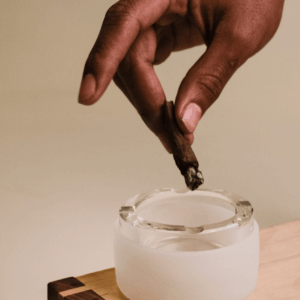
Final Thoughts: Is It Worth the Risk?
So, is smoking THCa safe? In many cases, yes—particularly when it’s done in moderation, with high-quality products, and by otherwise healthy adults. THCa itself is not inherently dangerous, and when properly decarboxylated through smoking or dabbing, it becomes a familiar compound: THC.
The bigger concerns revolve around how you smoke it, what’s in the product, and how often you’re lighting up. Like most things in cannabis culture, safety is contextual. The method of intake, your personal health, and product purity all play roles in shaping your experience.
For those looking to avoid the downsides of combustion, vaping THCa or consuming raw flower in smoothies or tinctures can offer alternatives. But if you’re set on smoking, be smart about it. Buy from reputable sources, check lab reports, take it slow, and listen to your body.
In the end, THCa offers an exciting, potent cannabis experience—but as with any cannabinoid, it pays to stay informed. Knowledge is your best safety net, and if you treat THCa with the respect it deserves, the rewards can be well worth it.
Is THCa Safe to Smoke: Frequently Asked Questions
1. Is THCA from Smoke Shops safe?
THCa products sold in smoke shops can be safe—but it all depends on the shop and the brand. Since the THCa market is loosely regulated, some smoke shops carry high-quality, lab-tested products, while others may sell untested or contaminated options. To stay safe, always look for third-party lab results (also called Certificates of Analysis), check for clean packaging, and avoid anything with a suspicious smell or appearance. When in doubt, buy from reputable dispensaries or trusted online retailers with solid reviews and transparency about their sourcing.
2. Is THCA flower worth smoking?
If you’re looking for a potent experience, THCa flower is absolutely worth trying. When smoked, it decarboxylates into THC, delivering strong psychoactive effects similar to traditional high-THC cannabis flower. It’s a popular choice for users in hemp-legal states looking for a legal workaround to access THC. Just keep in mind that quality matters—a clean, well-grown THCa flower can provide a smooth, powerful smoke, while poorly grown or mishandled flower might not be worth the risk.
3. What is the best way to smoke THCA?
The “best” way depends on your personal preference and tolerance. For beginners or those who want a more traditional experience, rolling THCa flower into a joint or packing a bowl works great. For a seasoned cannabis user, dabbing THCa diamonds offers a much more intense high due to higher concentrations of THCa. No matter the method, make sure your product is clean and lab-tested, and always start with a small hit to gauge your reaction—especially if you’re dealing with diamonds or other high-potency formats.
4. How come THCA doesn’t get me high?
In its raw form, THCa is non-psychoactive—it doesn’t bind to the CB1 receptors in your brain the way THC does. That means if you’re eating raw THCa flower or using a product that hasn’t been heated, you won’t feel high. Heat is essential to produce psychoactive effects through a process called decarboxylation. Once heat is applied (via smoking, vaping, or dabbing), THCa is converted into THC, which will get you high and product the same psychoactive effects as cannabis. So if you’re not feeling anything, chances are the THCa wasn’t decarboxylated yet.
5. Is THCa legal?
THCa from cannabis plants is currently legal under federal law in the U.S. as long as it’s derived from hemp and the product contains less than 0.3% delta-9 THC by dry weight. That said, things get tricky after decarboxylation—because once heated, THCa turns into THC, which is still illegal in some states. Additionally, some states have cracked down on hemp-derived cannabinoids altogether, regardless of their pre-activation status. So while THCa products may technically be compliant at the federal level, state laws vary. Always check your local regulations before buying or using THCa and keep in mind that THCa will show up on a drug test, so plan accordingly.
6. Does THCa have health benefits?
Yes—when consumed in its raw form (without heat), THCa flower may offer a number of potential health benefits. Early research and anecdotal reports suggest it has anti-inflammatory, neuroprotective, and anti-nausea properties. It may also play a role in reducing pain and supporting overall wellness without producing a high. However, most of these benefits are linked to unheated THCa—once it’s smoked and converted into THC, the therapeutic profile shifts. More clinical research is needed, but THCa shows promise as a non-psychoactive cannabinoid with real medicinal potential and minimal potential health risks or adverse effects.




